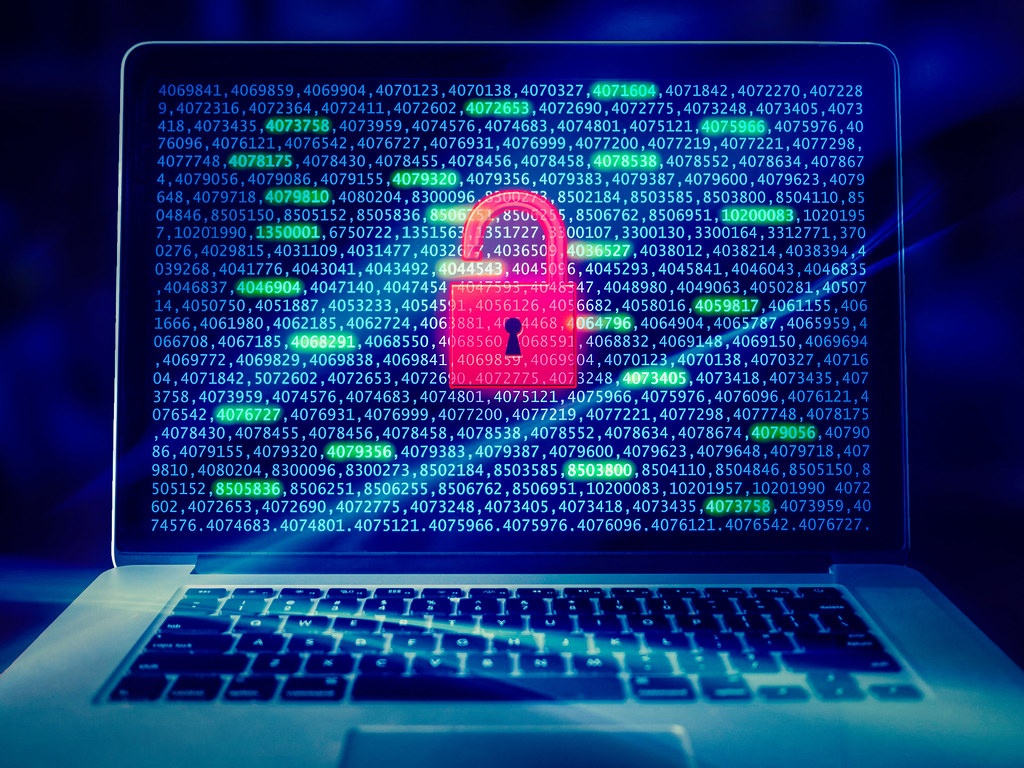“The choice for mankind lies between freedom and happiness and for the great bulk of mankind, happiness is better.” -George Orwell, 1984
The obvious lesson that has emerged so far in what are the early days of the COVID-19 pandemic is the immense value of tracking personal data to help limit the spread of the virus. Mass data surveillance has provided nations that have utilised it with an auspicious head-start to combating the virus and saving lives.
China has begun to see a drop in the number of new infections. This has been achieved through effective yet shockingly dystopian measures that have obfuscated personal liberties. Each citizen is given a unique, colour coded QR code: either green, yellow or red. Compulsory QR checkpoints exist ubiquitously in unassuming and unremarkable areas of daily life, such as apartment blocks, shops and workplaces. Only citizens who achieve “green” (i.e. have not displayed symptoms of COVID-19) are allowed complete restriction-free movement.
China is not a renowned champion of civil liberties, and, thus, it is easy for us to bat an eyelid at its extreme use of bio-surveillance and proclaim that it would never manifest itself in democratic countries. Yet South Korea, the archetypal East Asian, free-market democracy, has remarkably curtailed the global trend of exponential COVID-19 contagion through comparable data-tracking methods. Success has been underpinned by the ‘Corona 100’ app, where users input data about infection rates and are, in turn, warned when they come within one hundred meters of a location that has been marked as a high-risk area for the virus. Similar initiatives have also proved successful in both Singapore and Hong Kong.
East Asian nations have benefited from a heightened sense of collective responsibility and an ingrained awareness of the danger of infectious respiratory diseases through previous run-ins with SARS. In contrast, the liberal and individualistic West’s immediate response to the Coronavirus outbreak was flat-footed. As reported in The Sunday Times, the UK first adopted the highly unrealistic and irresponsible ‘herd immunity’ strategy due to the Prime Minister’s ideological belief in individual freedoms. Yet, our country and our beliefs are changing and convulsing rapidly.
A few weeks ago, the thought of a UK-wide lockdown would have been inconceivable. Now, it is being reported in the mainstream press that the Government is working with BT over handing over its phone location and usage data for the purpose of monitoring whether the guidelines set out in the Government’s COVID-19 response are being adhered to. Indeed, the only way to achieve some form of normalcy in the near future will be through the much-anticipated antibody test that will allow the immune to go back to work whilst the vulnerable remain trapped in isolation.
The implications of this will be enormous in the post-COVID-19 world. As climate change increases the risk of new infectious diseases, governments will be insatiably keen to avoid similar scale pandemics due to the severe downturn it has caused for the global economy. Our personal health could become obsessively monitored, and it would not be surprising if, in the years to come, an electronic, health-based passport that details every personal ache, pain and infection becomes a prerequisite for international travel. People’s bodies will be watched over by Big Brother, a motif akin to George Orwell’s 1984.
This should be accepted as the inevitable reality for the world we live in. The question we should instead be asking is: who controls this data? Data tracking, particularly our health data, must become a re-drawn element of the social contract. Pre-COVID-19, our personal data was already exploited and sold generously. Indeed, the prosperity of global corporations such as Amazon and Facebook have been based upon extracting and harnessing customer data. This has led to the intense marketisation of some of our web-activity and daily lives.
COVID-19 represents a seismic shift in who controls our data: power will be transferred from business to the state. Both scenarios are unpalatable and infringe on our personal freedom. However, a third way exists where power lies between corporation and government. Our personal freedom depends on independent watchdogs, and on overseeing and administering the accumulation of individual data. If one positive can come from this crisis, it will hopefully be a firm halt from the descent towards mass data surveillance.
Jamie Welham
Image: Flickr.

